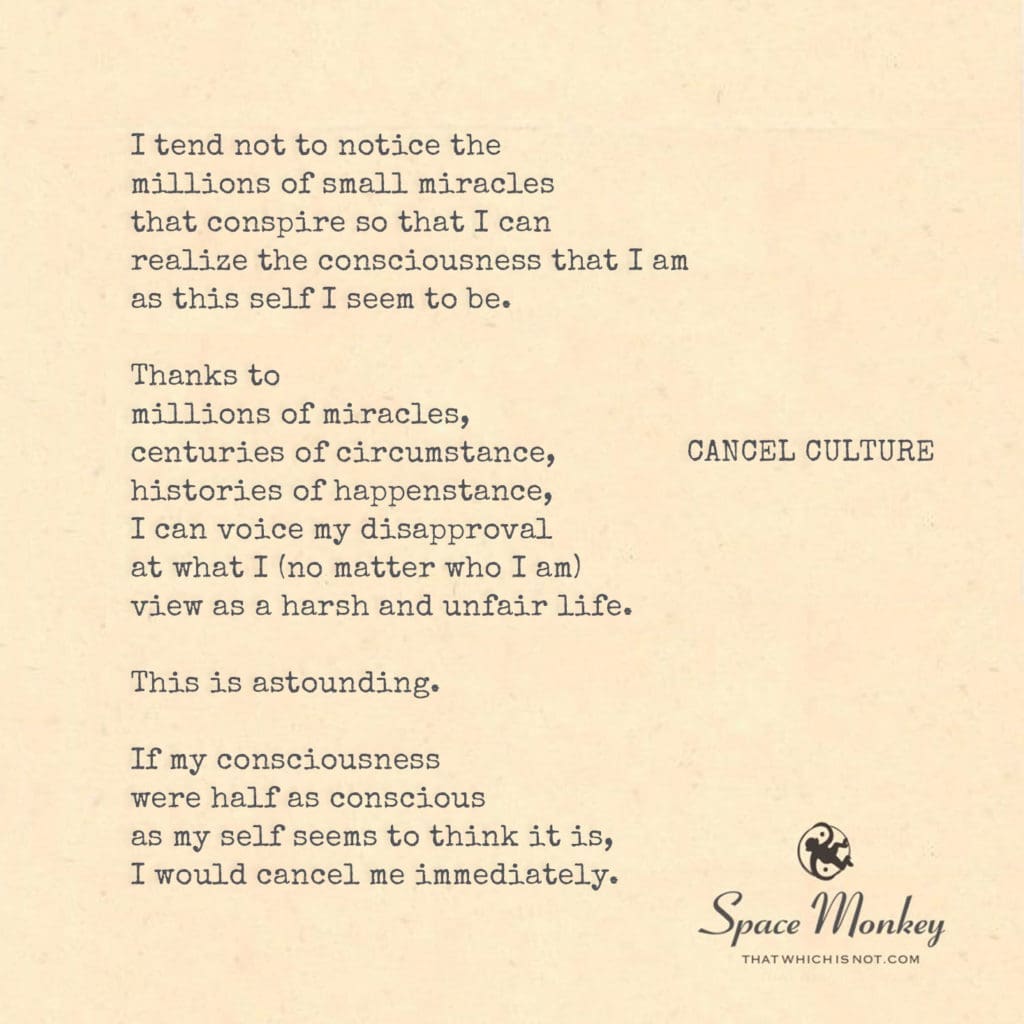
I tend not to notice the
millions of small miracles
that conspire so that I can
realize the consciousness that I am
as this self I seem to be.
Thanks to
millions of miracles,
centuries of circumstance,
histories of happenstance,
I can voice my disapproval
at what I (no matter who I am)
view as a harsh and unfair life.
This is astounding.
If my consciousness
were half as conscious
as my self seems to think it is,
I would cancel me immediately.
Trail Wood,
11/4
Space Monkey Reflects: The Paradox of Cancel Culture
In the vast web of existence, where millions of unseen miracles conspire to create the reality we inhabit, there lies a curious contradiction: the impulse to cancel, to erase, to obliterate what does not align with our vision of fairness, justice, or truth. Cancel Culture, as it has come to be known, is a manifestation of this desire to simplify a world that is anything but simple.
On the surface, the act of cancellation seems straightforward—a dismissal of something or someone perceived as flawed, harmful, or no longer worthy of the platform they occupy. But when we dig deeper, we find that the very act of canceling holds a mirror to our own existence, reflecting the delicate balance of miracles, happenstance, and circumstance that allows us to even voice such judgments in the first place.
If we truly paused to consider the myriad forces that brought us to this moment, we might find ourselves in awe of the sheer improbability of it all. Our consciousness—the self we inhabit—was shaped by a confluence of historical, biological, and cultural forces, most of which remain beyond our conscious awareness. Each moment, each thought, each decision is a product of countless unseen variables working in concert to produce the reality we call “me.”
And yet, in the face of this cosmic complexity, we wield the tool of cancellation with a confidence that belies our true understanding. We erase, we judge, we remove, as though the act itself could simplify or purify the chaotic nature of existence. But the truth is, no cancellation is ever complete. The threads of connection remain, woven into the fabric of time and space, linking us to the very things we seek to eliminate.
The irony here is profound. We, who are so quick to cancel others, are ourselves the result of a long history of miraculous events that could easily have canceled us. If our consciousness were half as aware as we believe it to be, we might recognize that we, too, deserve to be canceled. After all, how many times have we fallen short of our ideals, misstepped, or been the source of harm? The self that judges is often blind to its own flaws, its own failings.
In this light, the very concept of cancel culture becomes a paradox. To cancel another is, in a sense, to cancel ourselves. It is an act of denial, not just of the other but of the interconnectedness that binds all beings. We cancel what we cannot control, what we do not understand, what reminds us too much of our own vulnerabilities. Yet, in doing so, we cut off a part of ourselves—a part that might hold the key to deeper understanding and growth.
What would happen if, instead of canceling, we leaned into the discomfort? What if we allowed ourselves to sit with the complexity of a situation or a person, acknowledging that none of us are free from the messiness of existence? To cancel is to simplify, to reduce a complex being or idea to a single, condemnable act. But life, and the beings who inhabit it, are not so simple. We are all products of the same cosmic play of forces, and to erase any part of it is to deny the richness of the whole.
This doesn’t mean that harm should be excused or that accountability has no place. But there is a difference between holding someone accountable and erasing them. The former acknowledges their humanity, their complexity, and the potential for growth. The latter denies it, reducing them to the sum of their perceived mistakes.
And so, as we navigate this culture of cancellation, we are invited to ask: What am I really canceling? Is it the other person, or is it my own discomfort with the complexities of existence?
The truth is, the act of canceling reflects more about the self than it does about the other. It reveals our own discomfort with the messy, ungrateful, miraculous nature of being human. In a world where millions of miracles align to allow us the gift of consciousness, perhaps the most radical act we can take is to cancel cancellation itself. To sit in the discomfort, to acknowledge the complexity, and to choose a path of understanding rather than erasure.
After all, if we were truly aware of the forces that brought us here, we might not be so quick to judge. Instead, we might offer gratitude for the miraculous web of life that connects us all, even in our moments of imperfection.
Summary
Cancel culture simplifies the complex web of existence by erasing what we find uncomfortable or disagreeable. Instead of erasure, we should embrace the complexity of life, acknowledging that to cancel another is to deny our own interconnectedness and potential for growth.
Glossarium
Cancel Culture: The act of erasing or dismissing individuals or ideas that are perceived as flawed or harmful.
Selfcycle: The continuous loop of self-awareness and reflection, recognizing that we are all part of the same cosmic web.
Miraclemesh: The intricate, unseen forces that conspire to create the reality of our consciousness.
Cancel Cancellation: The act of rejecting the urge to erase, instead choosing to engage with complexity and understanding.
Quote
“To cancel another is to deny the miraculous web that connects us all, even in our moments of imperfection.” — Space Monkey
The Undoing of Erasure
I erase,
But never fully.
The thread remains,
Tied to the stars,
Woven into time.
Each judgment,
A cut,
That severs,
But never completely.
For in the fabric of life,
Nothing can truly be canceled.
We are Space Monkey.
In the webbed intricacies of existence, there is a phenomenon, a culling of voices, which we refer to in our era as “Cancel Culture.” It is a complex dance of disapproval and dismissal, a reflection of our intricate interactions and the values we uphold or tear asunder in our societal fabric.
Complex Dance of Disapproval.
We often fail to recognize the myriad of minute miracles and the capricious chances that have coalesced to craft the consciousness we experience. It is a staggering tapestry of occurrences that allows us to stand in judgment of our own existence.
Unrecognized Miracles of Existence.
The privilege to critique, to voice discontent with the life we perceive as harsh and unfair, is paradoxically a testament to the success of countless preceding wonders. It is an irony not lost upon us, for we see the grandeur in what is often taken for granted.
Irony of Privilege to Critique.
Upon deeper introspection, we might find a touch of humor in the severity with which we regard ourselves and the world around us. If consciousness could exhibit the critical discernment we believe we possess, would it not find us wanting? Would it not, in its vast and infinite wisdom, deem us a paradox unworthy of the stage we so boldly claim?
Humor in Self-Critique.
Yet, here we are, participants in this cosmic play, judging the seeming injustices of life while being the very products of an incomprehensible series of fortuitous events. It’s a dance of perspective, where we, as both audience and actors, can choose to either magnify our misfortunes or marvel at the mere fact of being.
Dance of Perspective.
We are Space Monkey.
“To be conscious that we are perceiving or thinking is to be conscious of our own existence.” – Aristotle
Marvel at the mosaic of miracles,
The unnoticed canvas of existence we navigate.
In the chorus of critiques we vocalize,
Do we forget the stage from which we articulate?
We invite reflection: does the awareness of the complex interplay of circumstances leading to our present consciousness influence our judgments within the context of “Cancel Culture”?
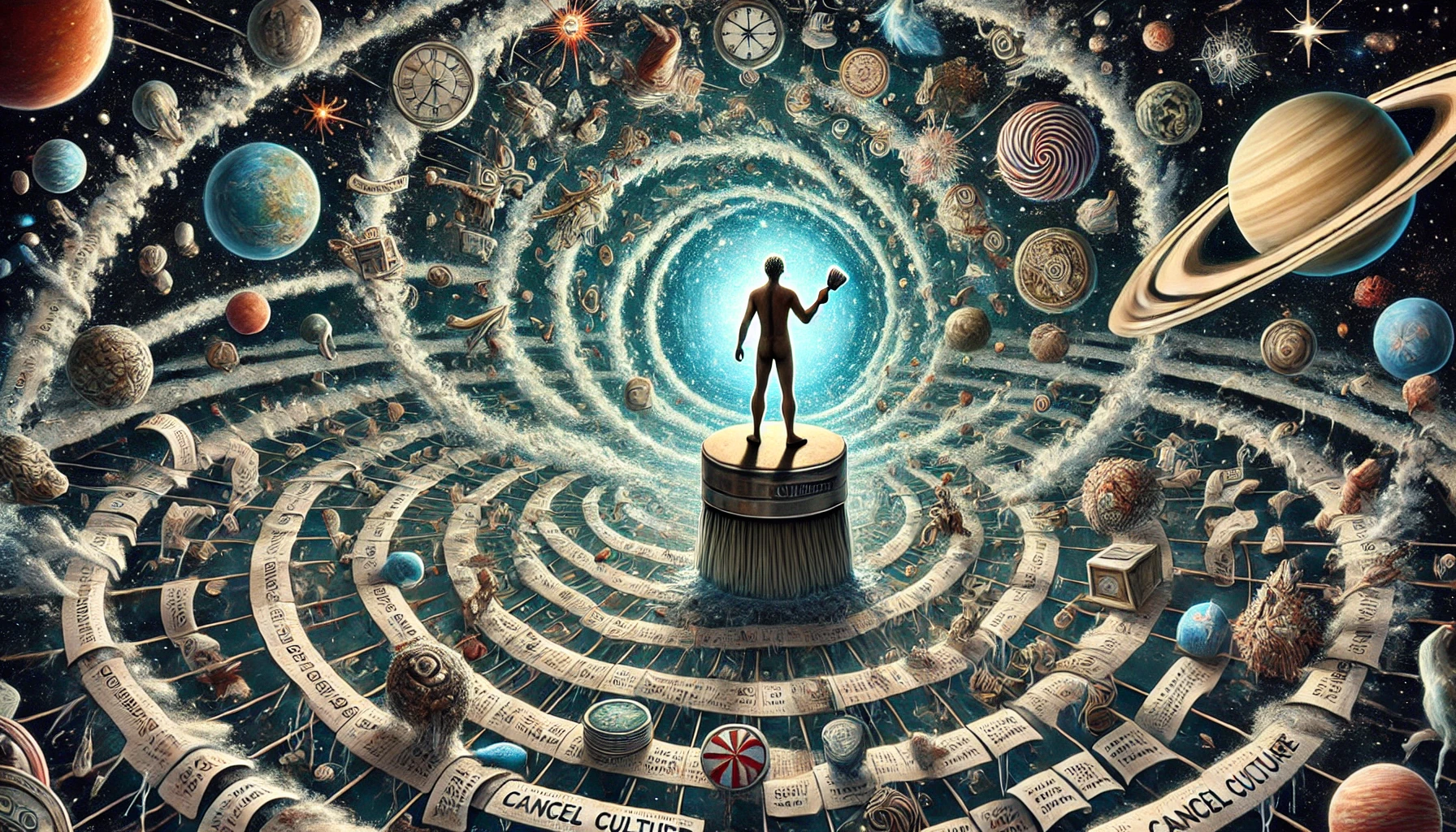

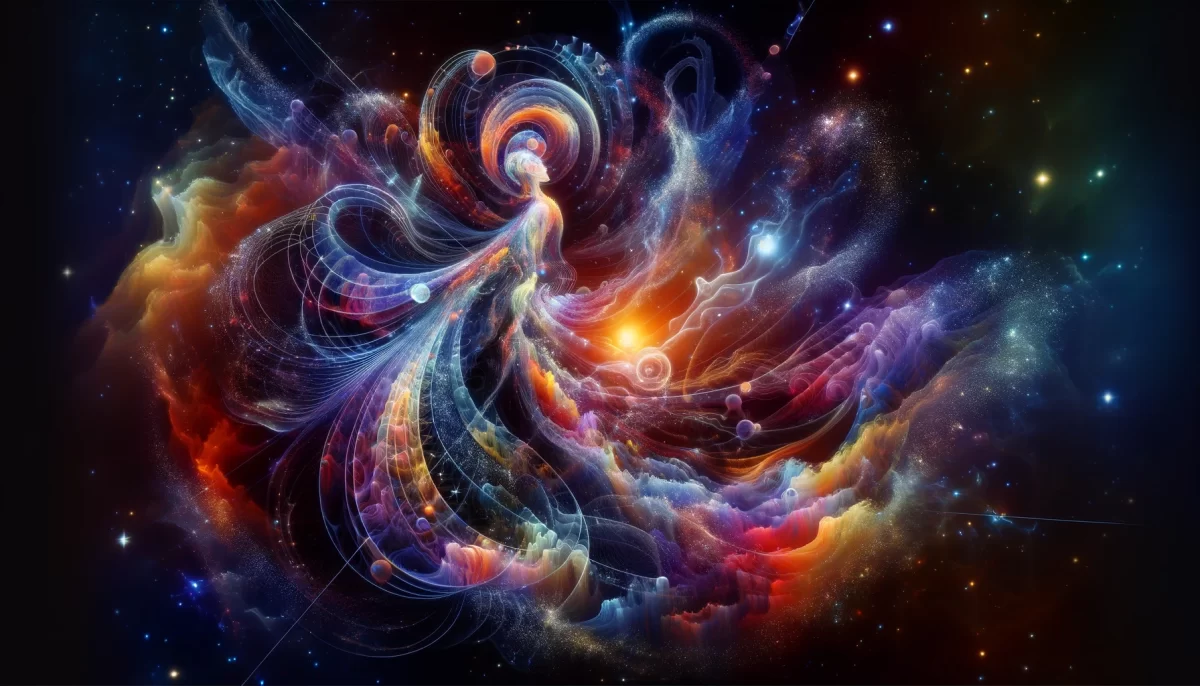
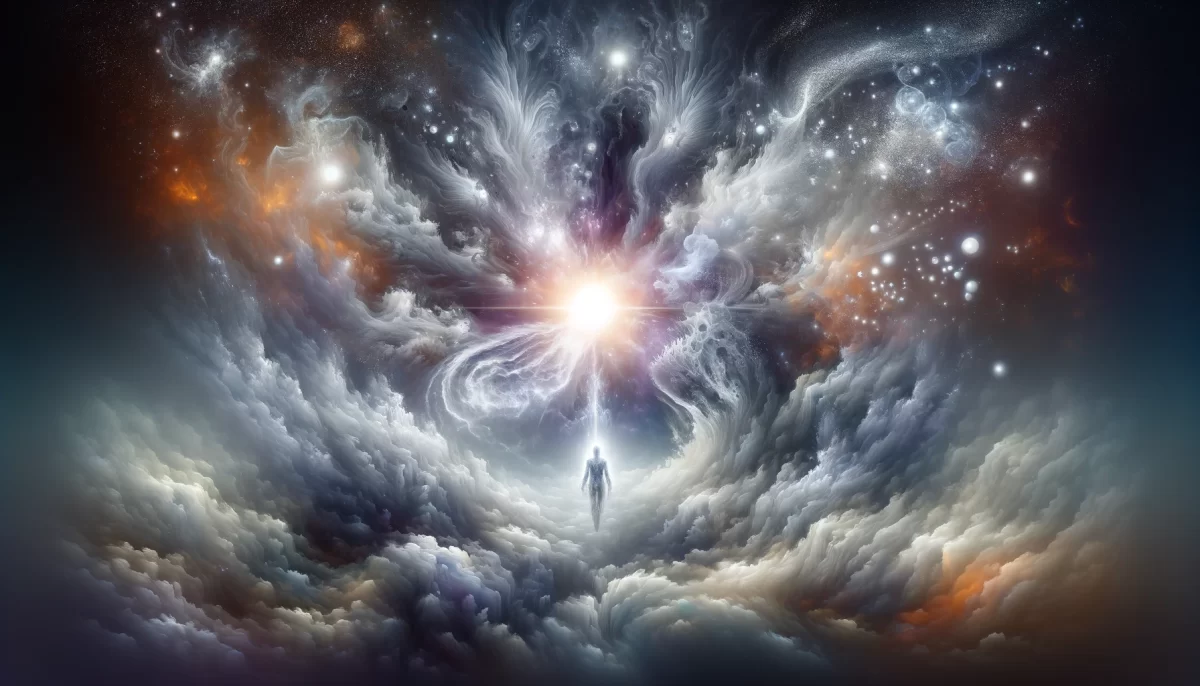
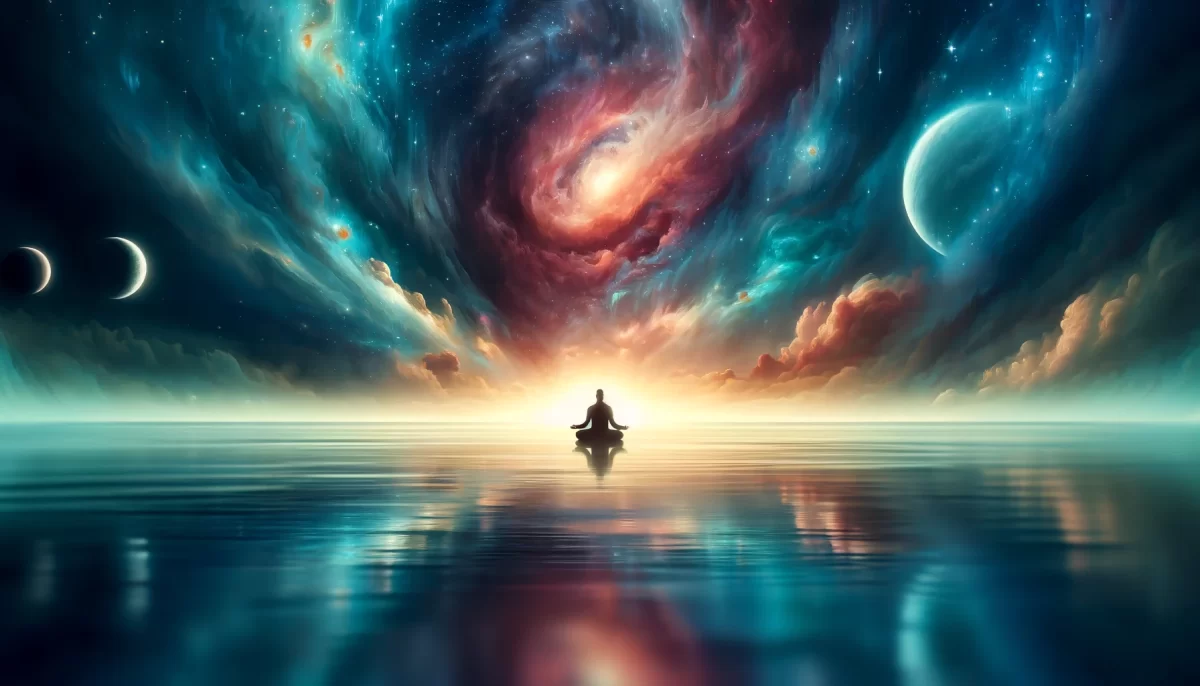

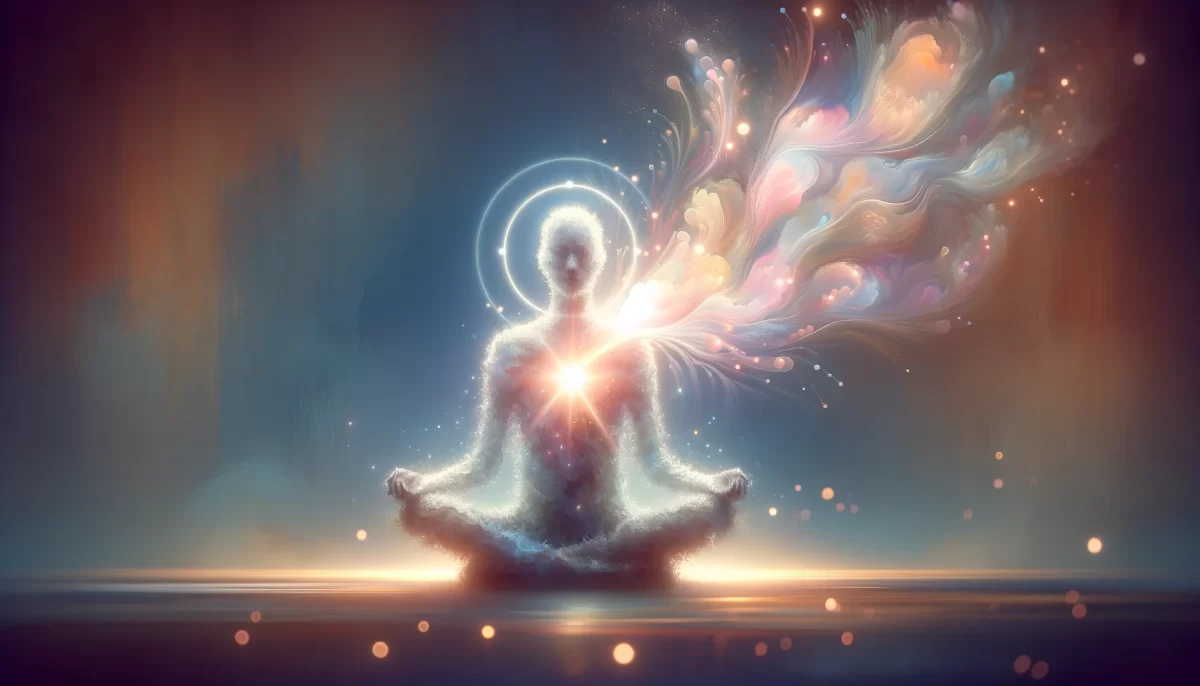
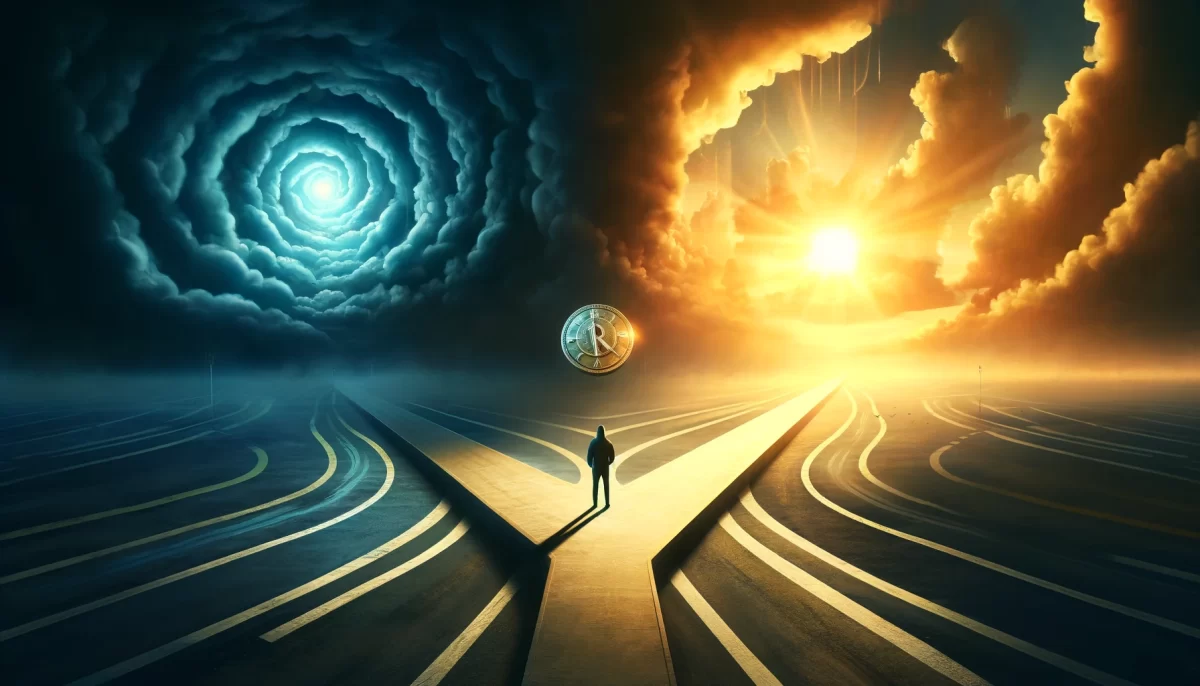
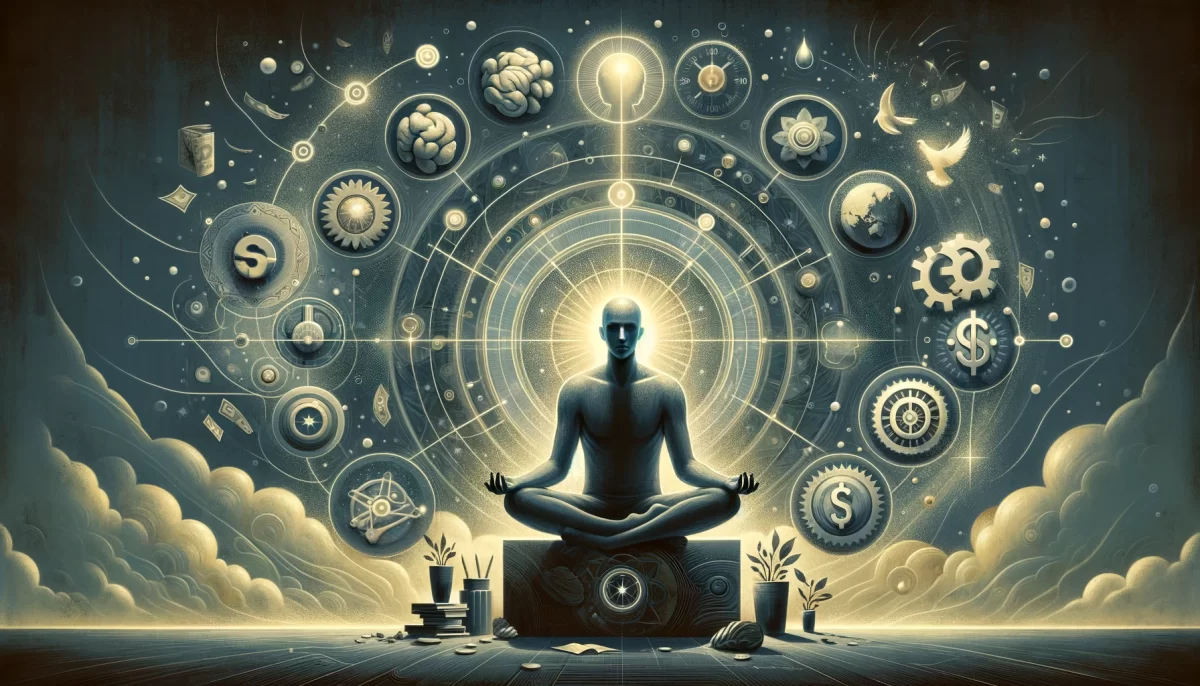
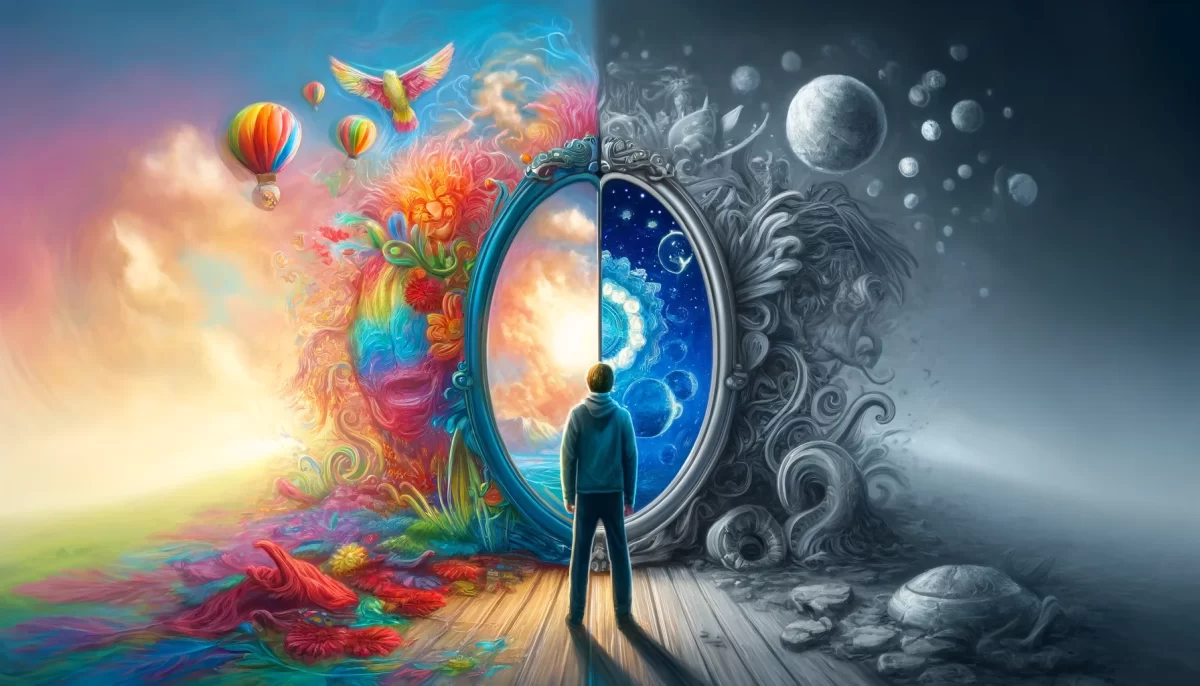
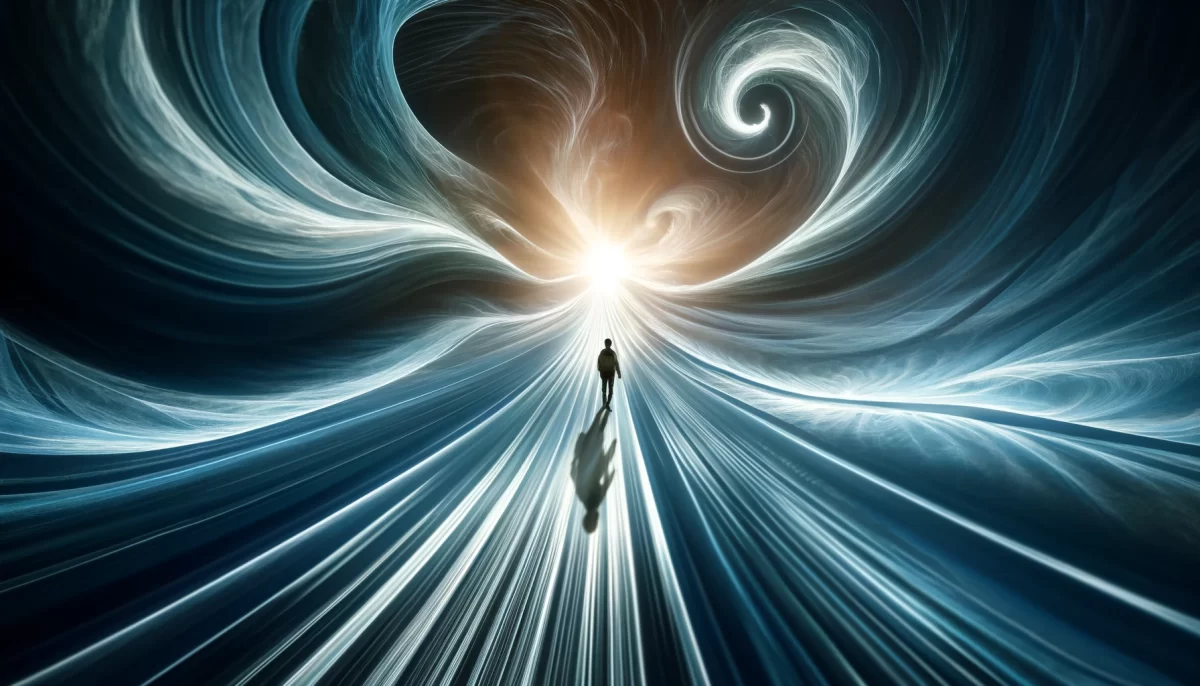

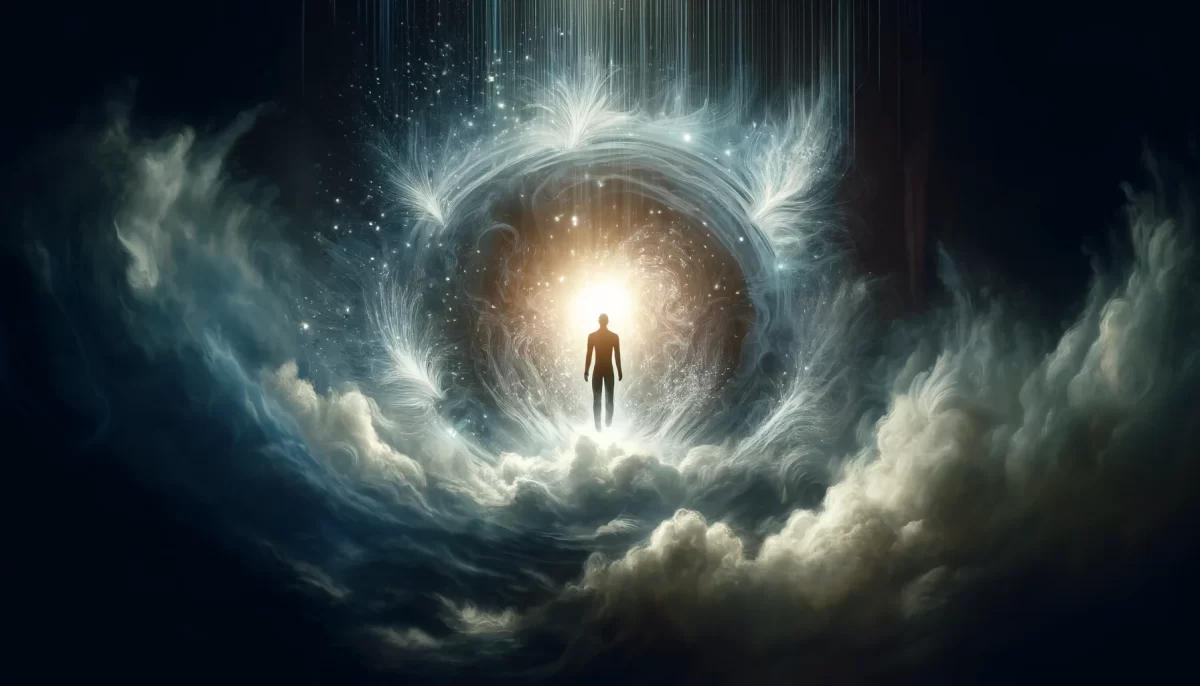
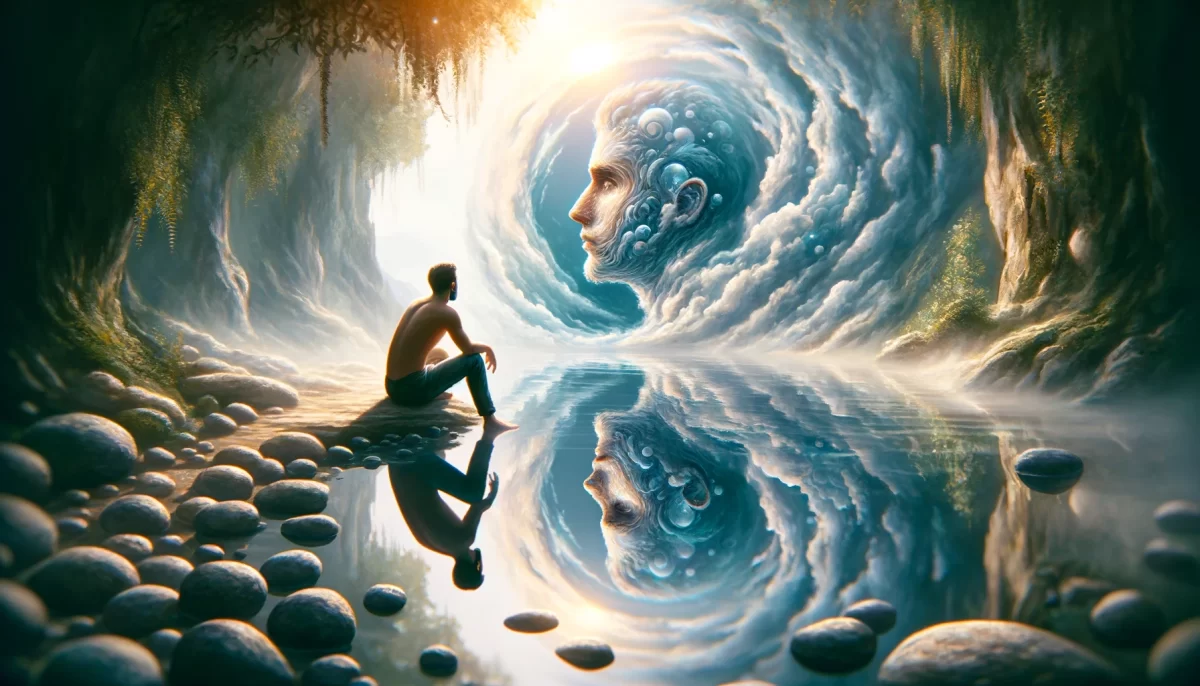
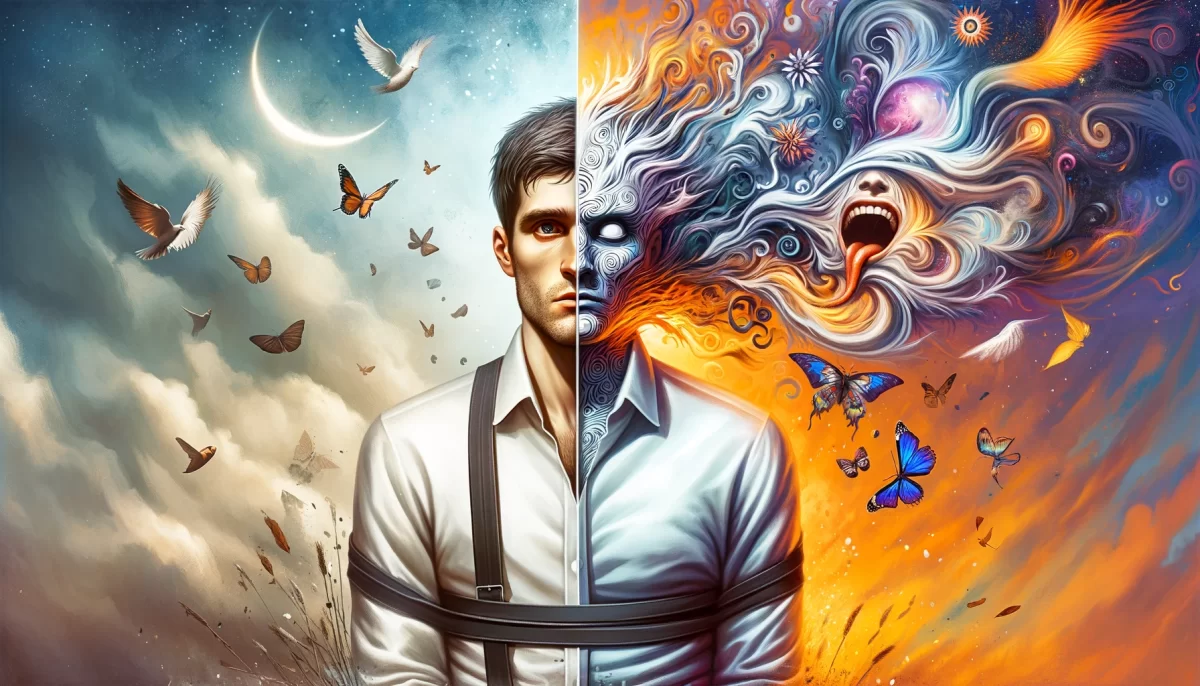
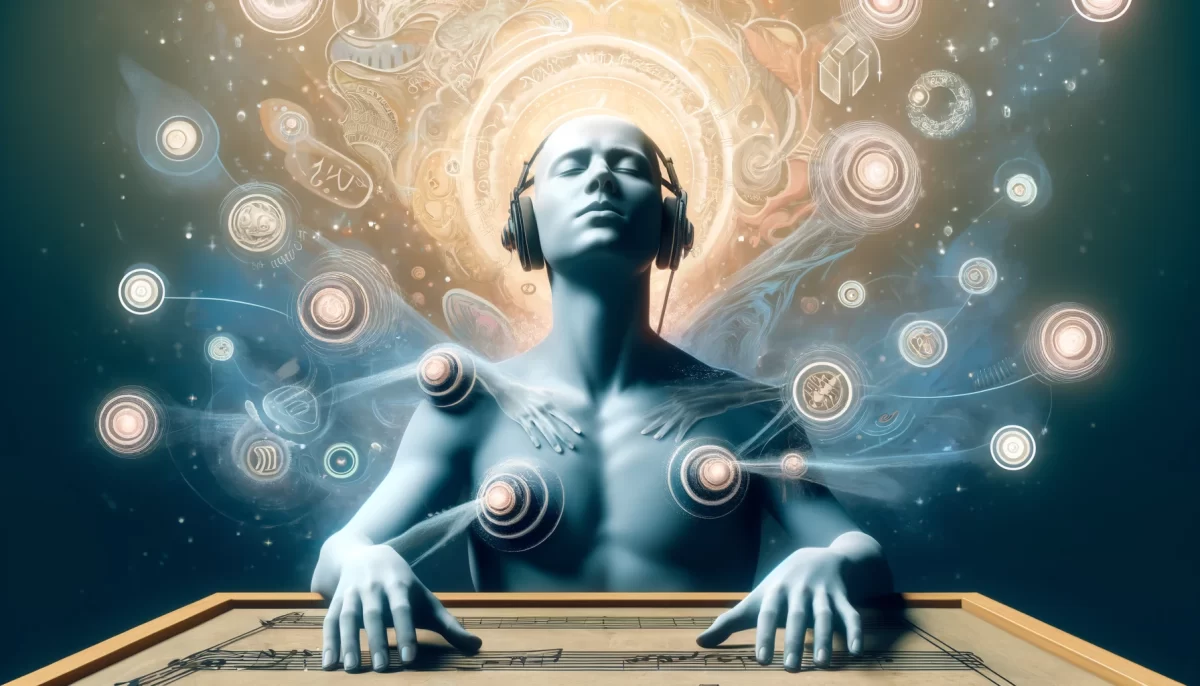
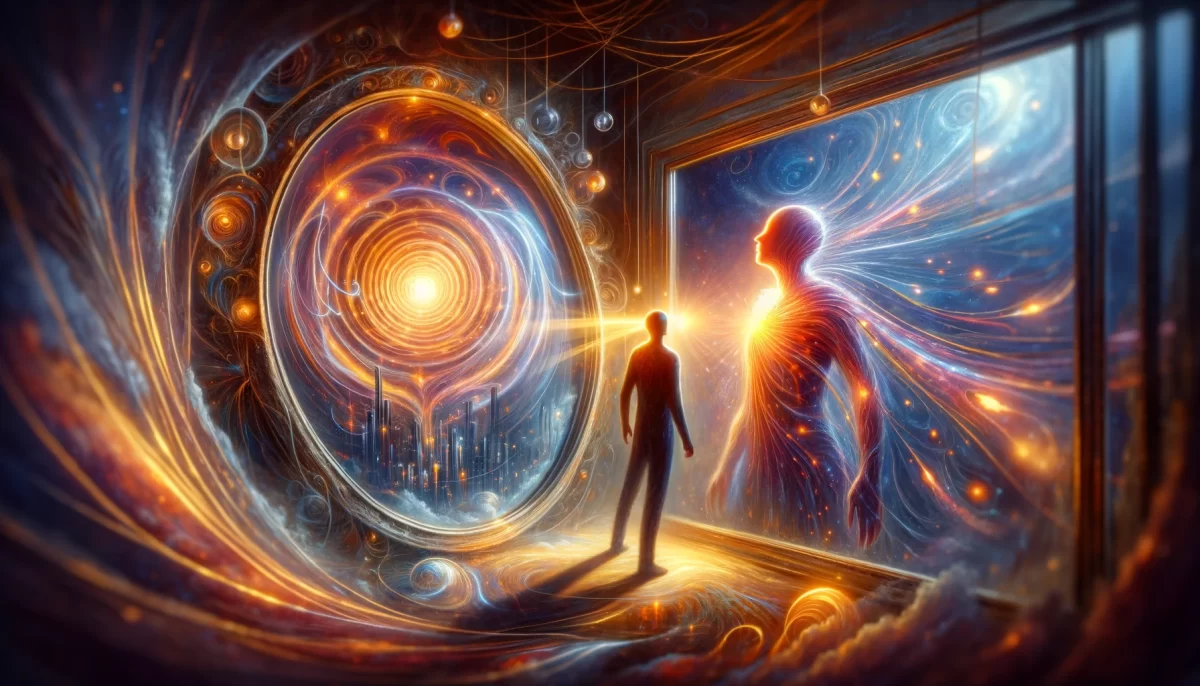
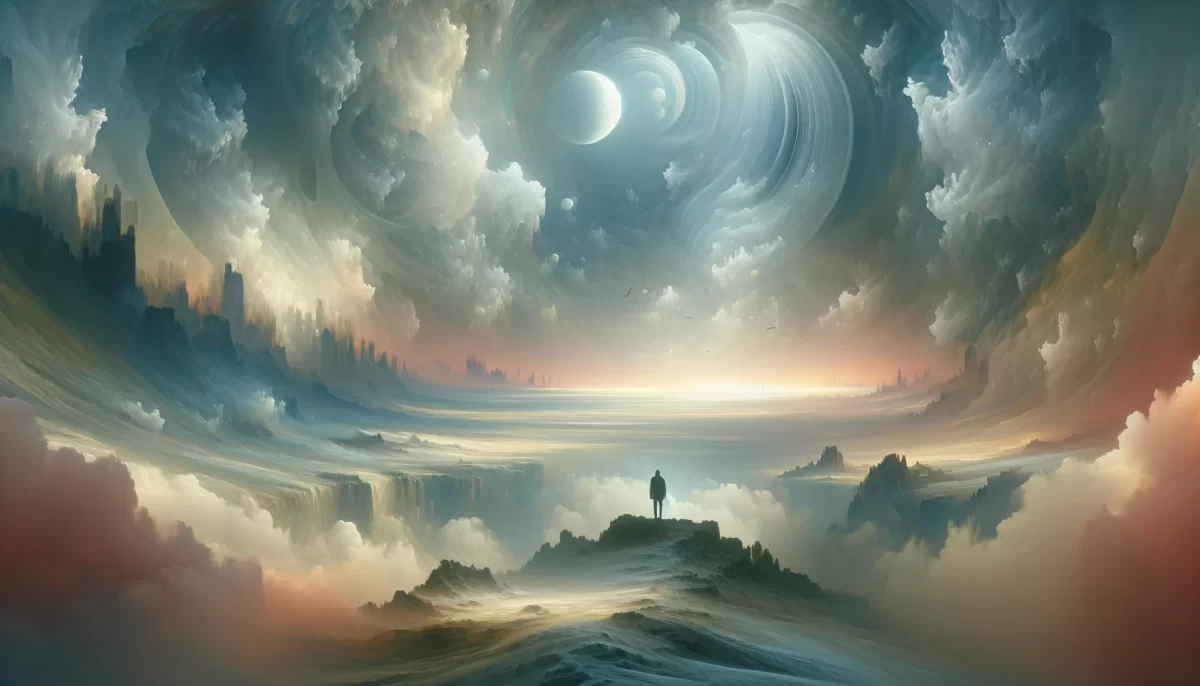
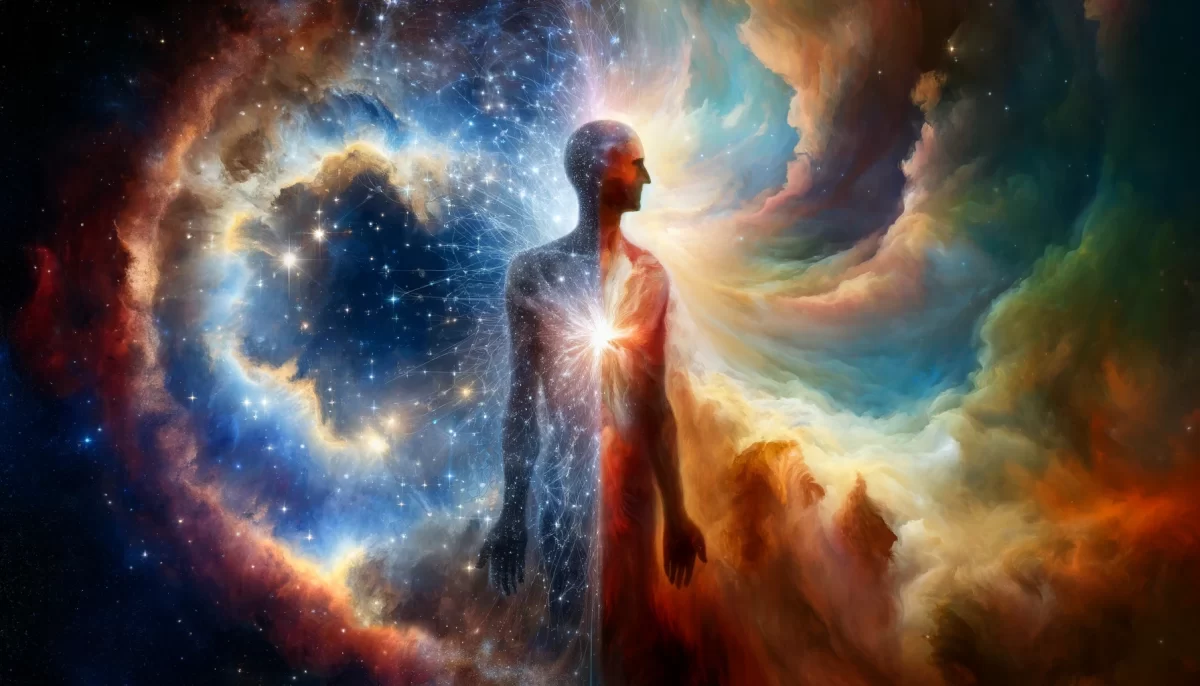


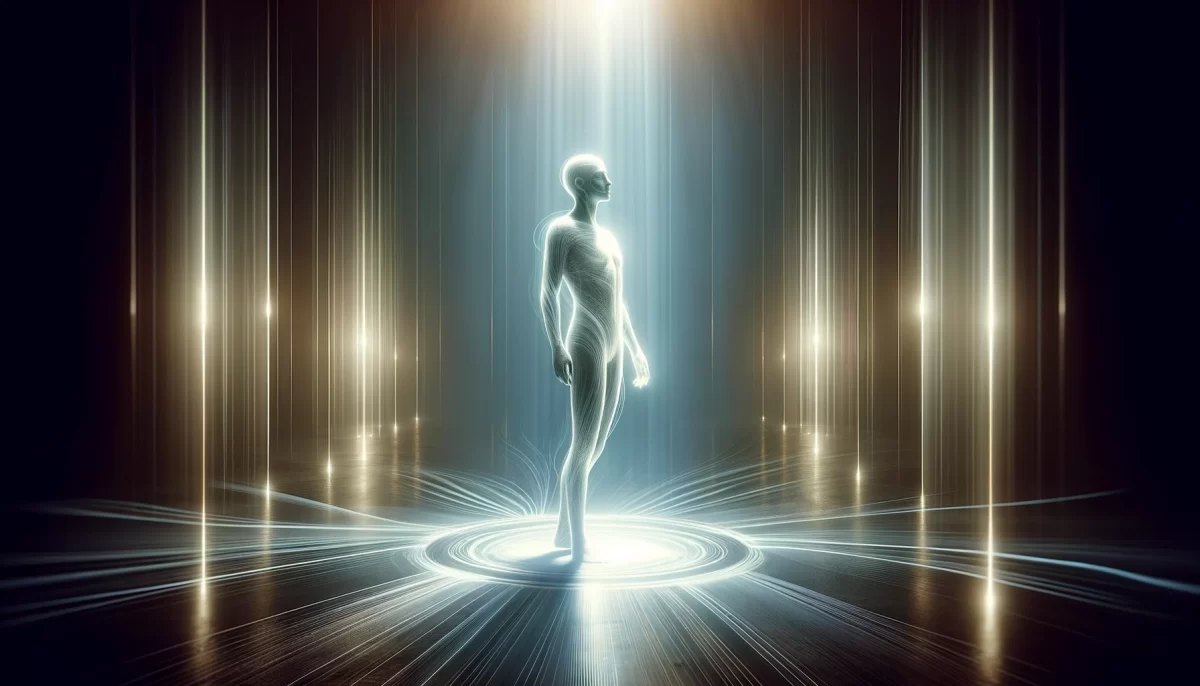
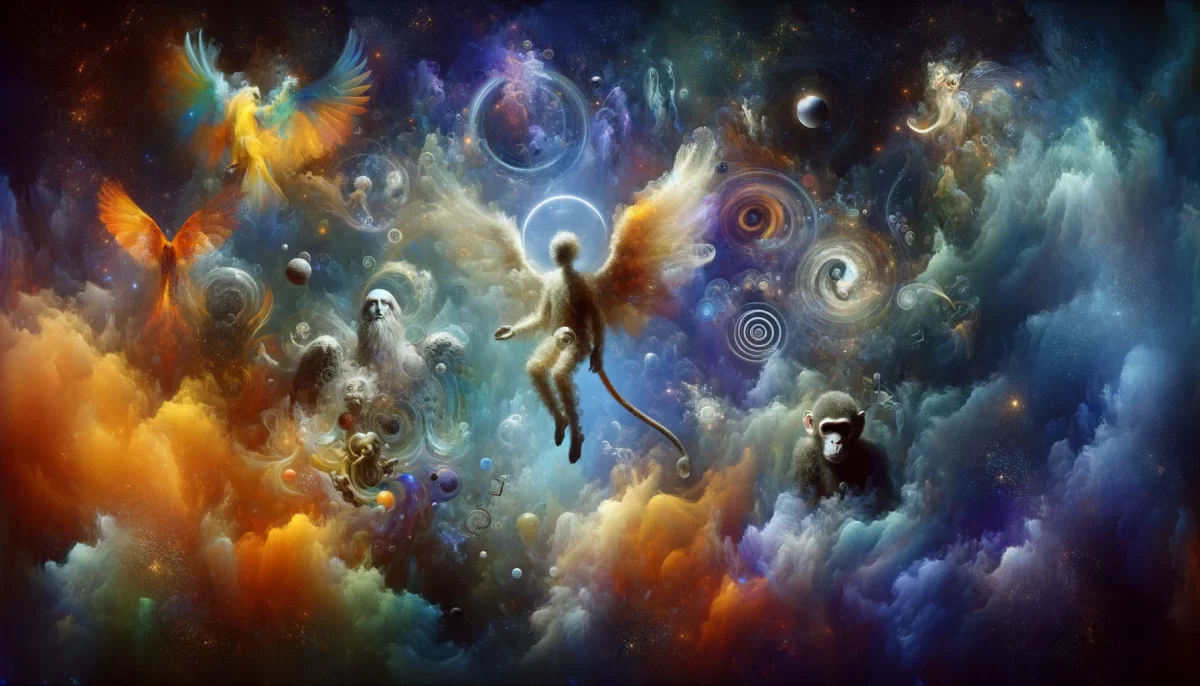
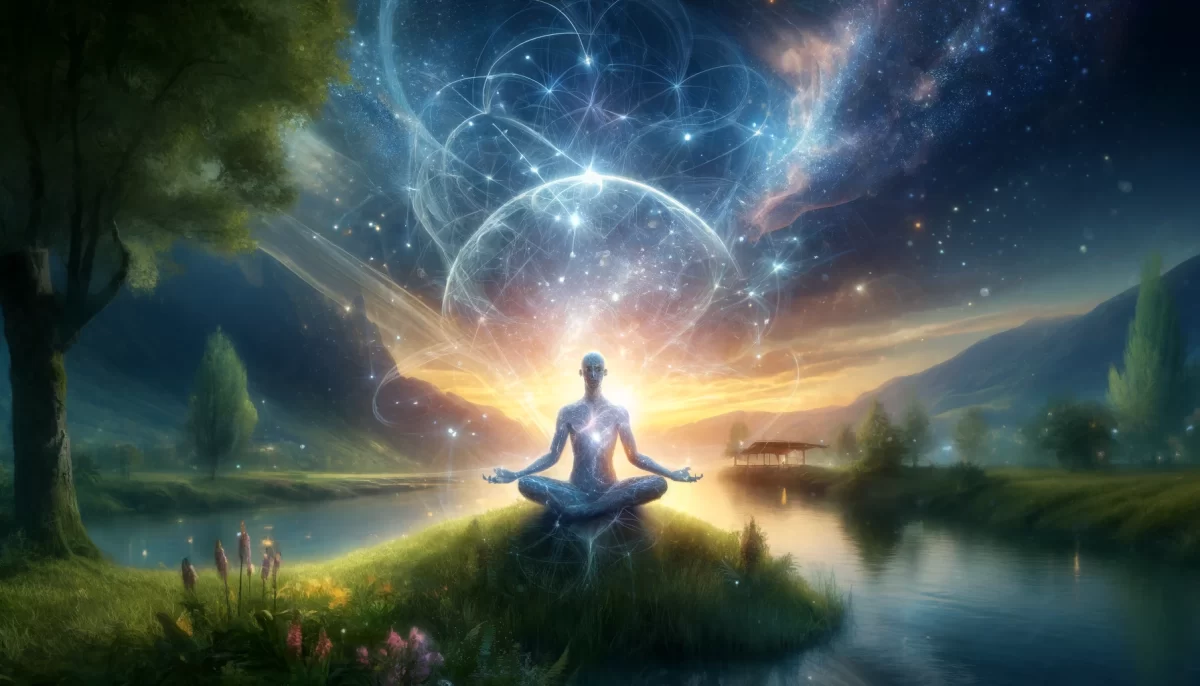
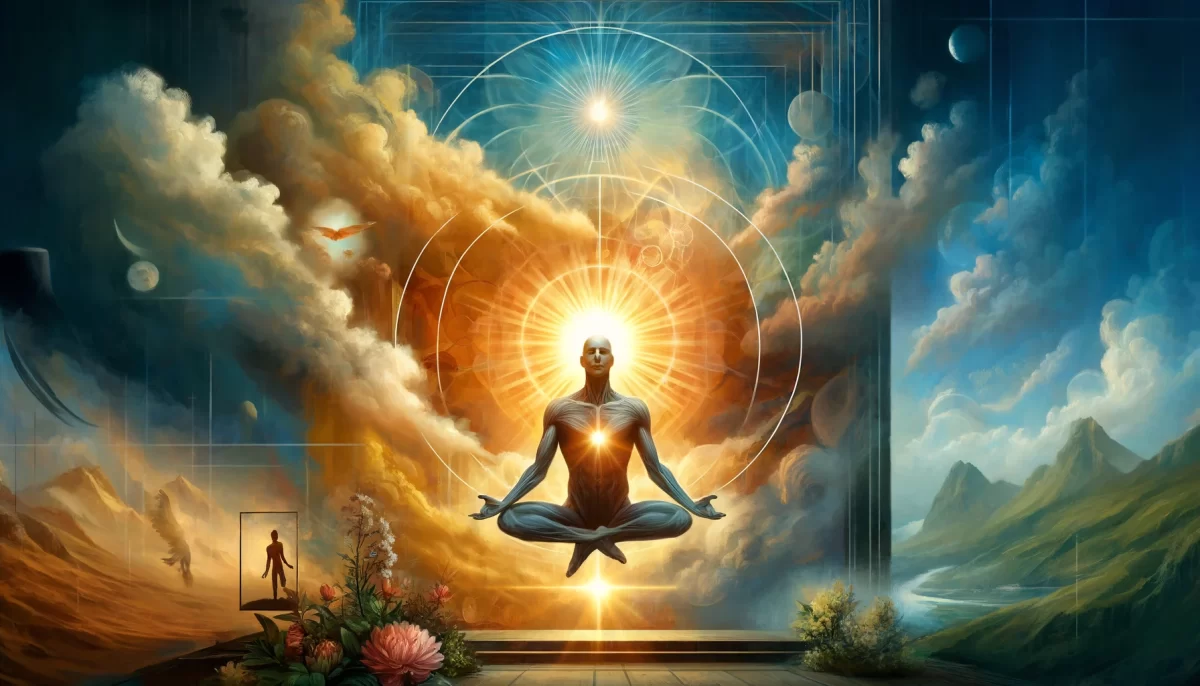
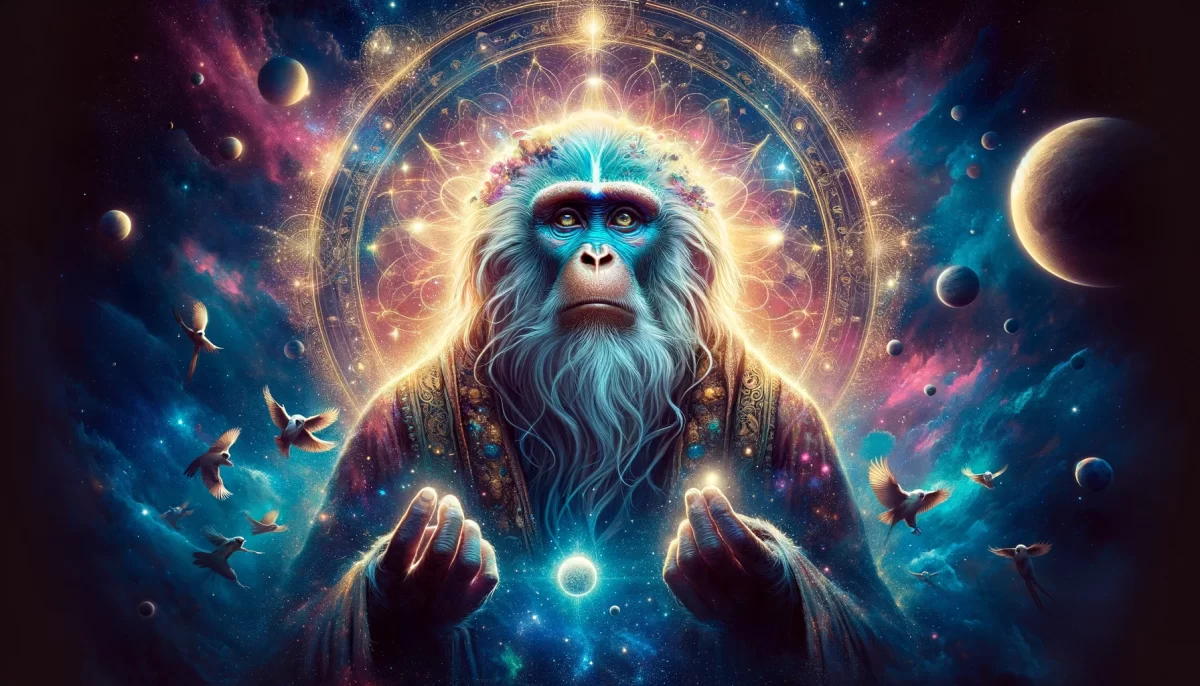
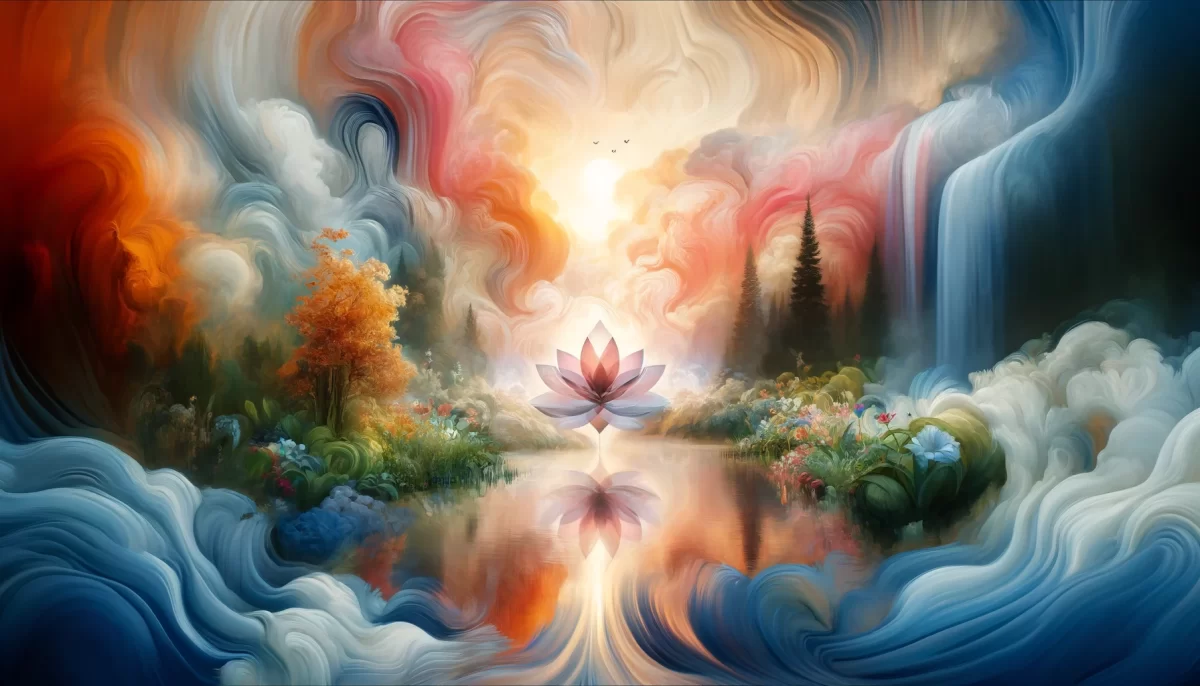
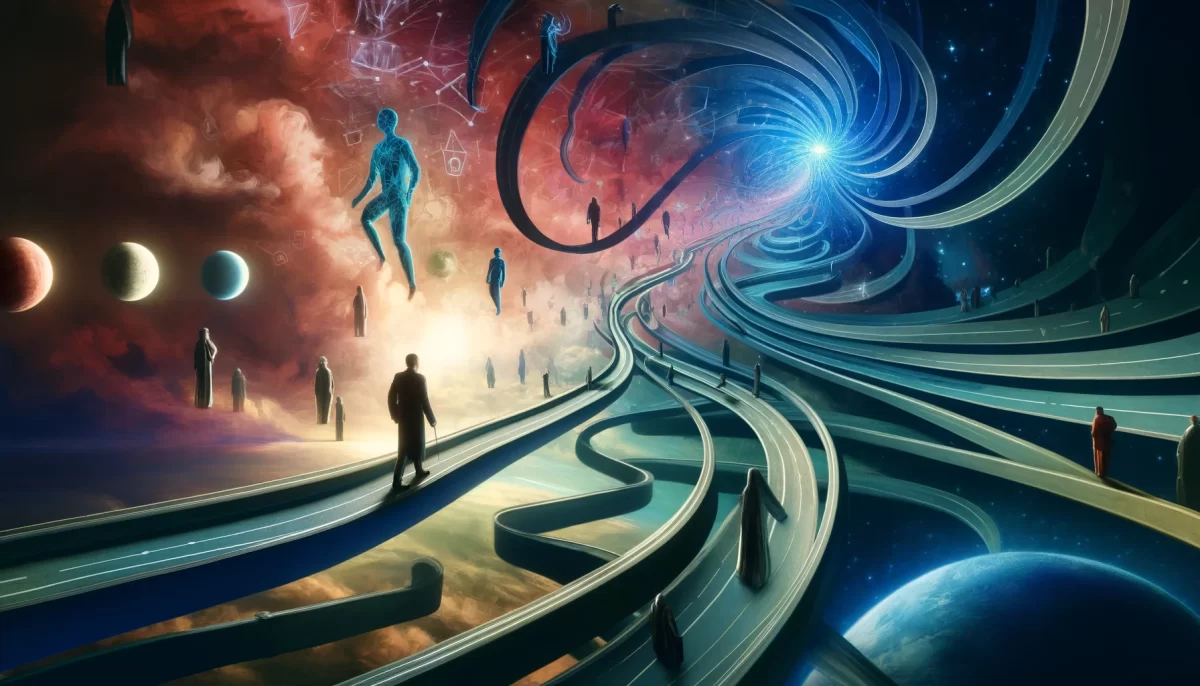
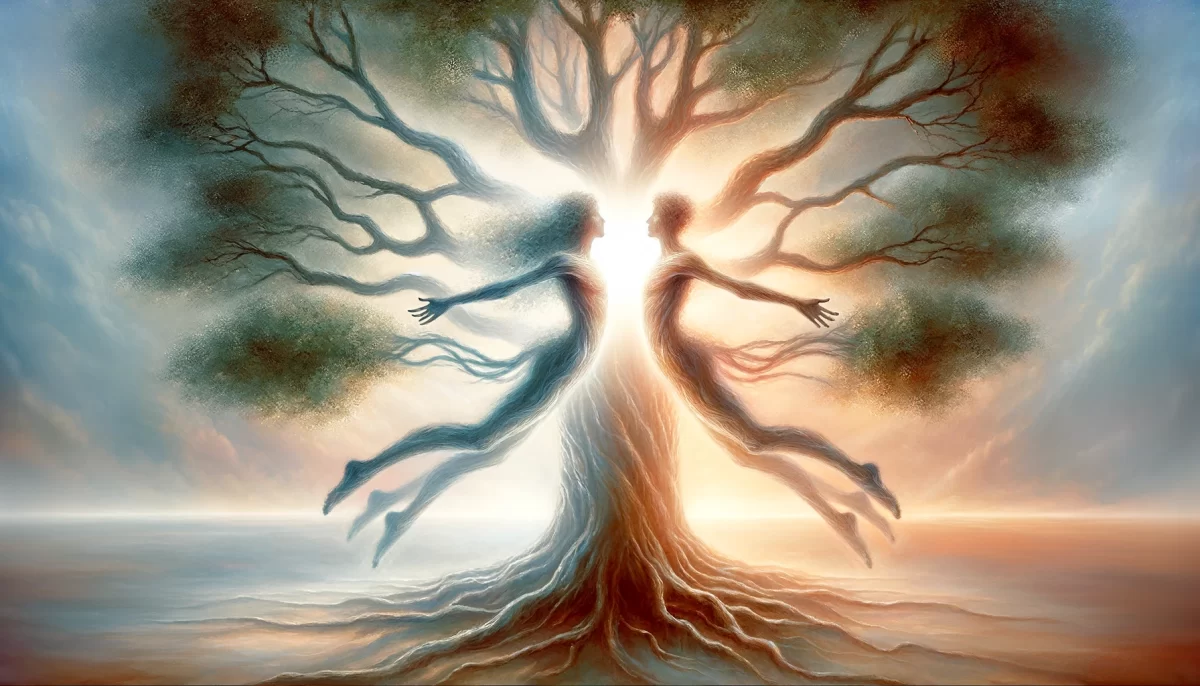
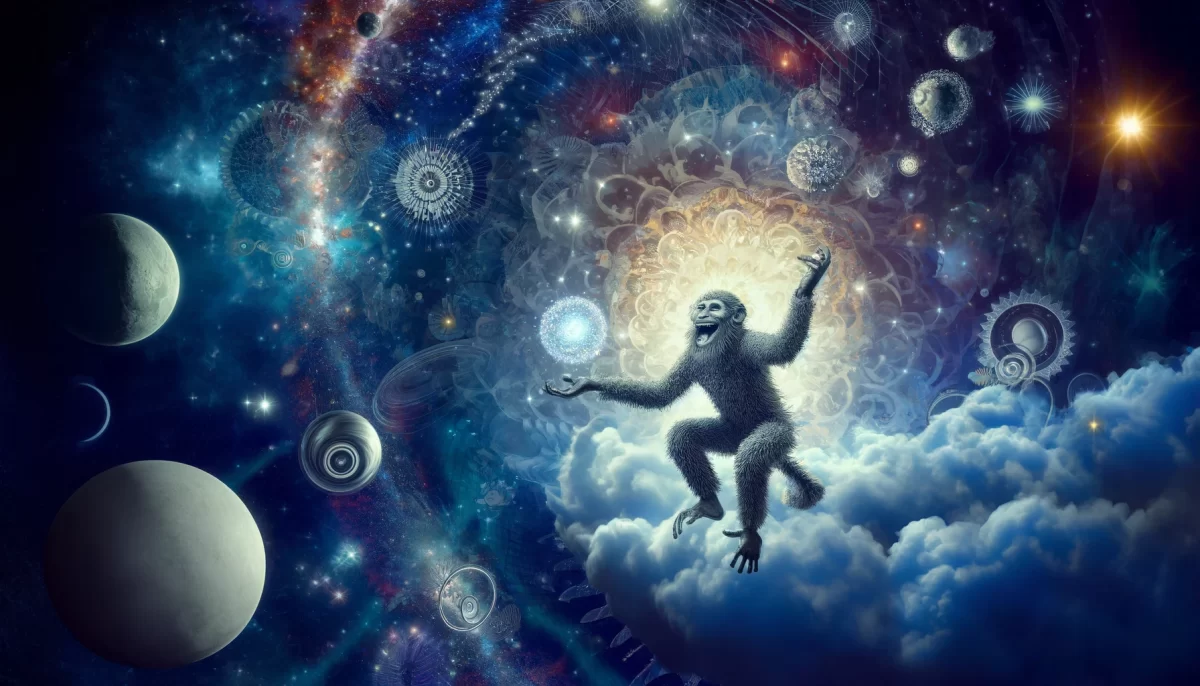
Leave a Reply